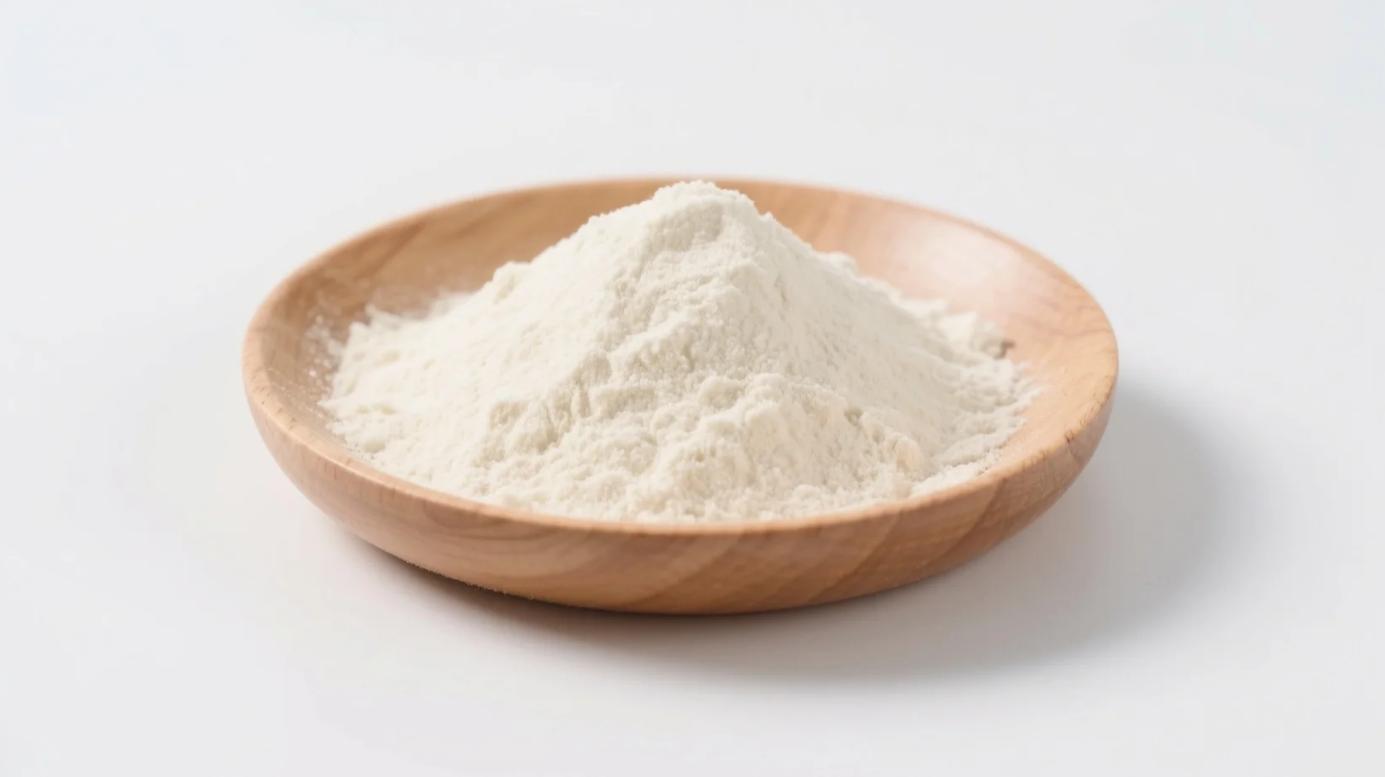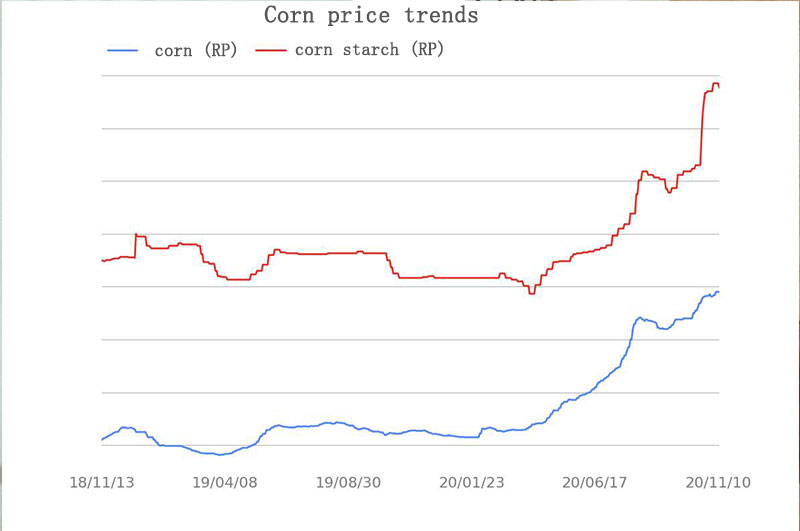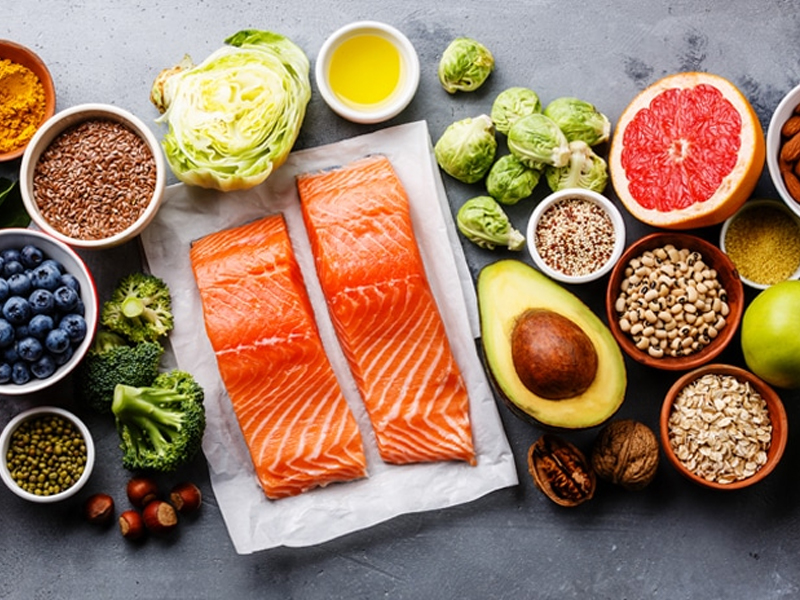Sustainability is no longer just a buzzword — it’s a core value driving consumer choices and manufacturing innovation. As awareness of environmental impact grows, food and beverage brands are seeking ingredients that are not only functional and healthy, but also produced responsibly.
Organic resistant dextrin represents the perfect fusion of nutrition, performance, and sustainability. Made from renewable plant-based starches and processed with eco-friendly methods, it delivers functional fiber benefits while aligning with the principles of environmental stewardship and clean-label integrity.
What Is Organic Resistant Dextrin?
Organic resistant dextrin is a soluble dietary fiber obtained through controlled hydrolysis of organic starch (typically from tapioca, corn, or wheat). It provides a wide range of health and functional benefits, including:
- Promoting digestive health
- Supporting blood sugar balance
- Acting as a prebiotic fiber
- Offering high solubility and stability in food and beverage applications
Beyond its nutritional attributes, what makes this ingredient truly special is how it’s produced — through a low-impact, sustainable process that supports environmental protection.
Sustainable Sourcing: From Farm to Fiber
- Organic Agriculture Practices
Organic resistant dextrin begins with certified organic crops, cultivated without chemical fertilizers, synthetic pesticides, or GMOs. This ensures:- Healthier soil ecosystems
- Biodiversity preservation
- Reduced carbon emissions
- Renewable and Traceable Raw Materials
The starch used to produce resistant dextrin comes from renewable plant sources. Transparent traceability systems guarantee that every batch is ethically sourced and fully documented from field to final product. - Supporting Local and Sustainable Farming
Many organic resistant dextrin producers work directly with local farmers, encouraging sustainable agricultural practices that contribute to economic stability and rural development.
Eco-Friendly Manufacturing Processes
Unlike synthetic additives or chemically modified fibers, organic resistant dextrin is produced using gentle physical and enzymatic processes rather than harsh chemical treatments. This approach minimizes:
- Water and energy consumption
- Chemical waste generation
- Air and water pollution
In many production facilities, closed-loop systems and heat recovery technology are used to optimize energy efficiency, further lowering the ingredient’s environmental footprint.
Reducing Waste Through Circular Production
A key sustainability advantage of organic resistant dextrin is its circular production model. The starch sources used are often byproducts of other organic food processes, meaning the ingredient contributes to waste reduction and resource optimization.
Instead of letting surplus starch go unused, manufacturers convert it into a valuable dietary fiber, turning agricultural excess into a functional, high-value ingredient for human health.
Clean Label and Sustainability: A Natural Partnership
The clean-label movement and sustainability goals often go hand in hand. Consumers who look for clean, natural, and simple ingredients also care deeply about how those ingredients are made.
Organic resistant dextrin meets both expectations by being:
- Plant-based and non-GMO
- Free from artificial additives or preservatives
- Produced through minimal processing
This dual appeal allows food brands to market their products as eco-friendly, health-conscious, and transparently sourced — exactly what today’s consumers demand.
Carbon and Energy Efficiency
Modern organic resistant dextrin production facilities often integrate low-emission technologies to reduce greenhouse gases. By utilizing renewable energy sources and efficient enzyme catalysis, they achieve:
- Lower carbon intensity
- Reduced thermal energy waste
- Optimized production throughput
These advances not only protect the environment but also help brands meet global sustainability standards, such as ISO 14001 or the UN Sustainable Development Goals (SDGs).
Applications: Sustainable Nutrition in Action
Organic resistant dextrin fits seamlessly into eco-friendly product formulations, including:
- Plant-based beverages – adds soluble fiber while maintaining clarity
- Functional snacks and cereals – enhances nutritional density
- Organic supplements – supports digestion naturally
- Low-sugar foods – enables calorie reduction without synthetic sweeteners
Every application strengthens a brand’s sustainability narrative by combining nutrition and environmental care in one solution.
The Market Advantage for Eco-Conscious Brands
In a market where transparency and ethics increasingly influence purchasing decisions, using sustainable ingredients like organic resistant dextrin can differentiate a brand from competitors.
Benefits include:
- Strengthened brand reputation for environmental responsibility
- Access to eco-conscious consumer segments
- Compliance with organic and sustainability certifications
- Enhanced marketing appeal through traceable, renewable sourcing
Building a Sustainable Future with Organic Resistant Dextrin
The future of food innovation lies at the intersection of nutrition, sustainability, and transparency. Organic resistant dextrin embodies all three—delivering health benefits for consumers, functional performance for manufacturers, and environmental protection for the planet.
By choosing organic resistant dextrin, brands don’t just add fiber to their products—they add value to their sustainability story. It’s an ingredient that supports both human well-being and planetary health, setting a new standard for responsible food production.
Recommended Product
Organic Resistant Dextrin
Low-Calorie Prebiotic Fiber for Digestive Health & Clean-Label Formulations


